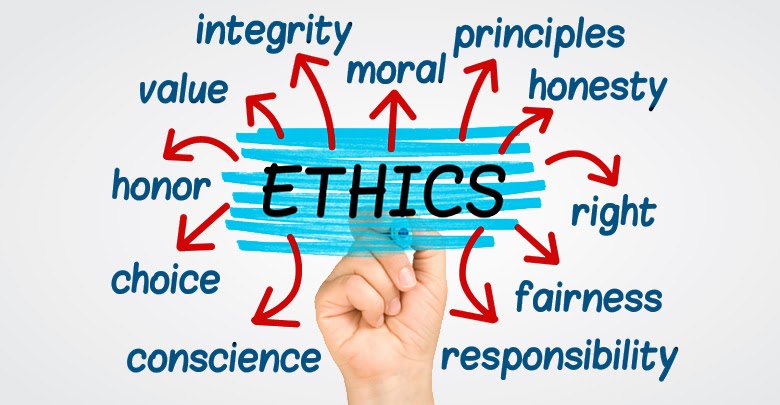Skill to consider different political perspectives
Skill to consider different political perspectives
-
Defining ethics Brown and Paolucci (1979) suggested that ethical decision-making and moral reasoning are at the heart of the profession. Simply stated, ethics refers to standards of behavior that tell us how human beings ought to act in the many situations in which they find themselves-as friends, parents, children, citizens, businesspeople, teachers, professionals, and so on. Ethical competence is a…
Read More » -
Defining Professionalism The word professional is used by different people in different ways. It is used as an adjective to describe a certain kind of behavior that is usually meant to be calm, controlled, objective and not interested in personal gain. When used as a noun, it is meant to signify an individual who has, through a combination of education…
Read More » -
What Is Culture? Culture is the totality of values, beliefs, and behaviors common to a large group of people. A culture may include shared language and folklore, communication styles and ideas, and thinking patterns—the “truths” accepted by members of the group. Members of culture have similar expectations of life. The term “culture” derives from the Latin word “cultura” which means…
Read More » -
Every trainer is an advocate. Advocacy means supporting and defending a cause you believe in. Although the term “advocate” is often used to refer to a paid legal representative, it also refers to someone who argues for a cause or course of action. In a Non-formal perspective, the trainer is an advocate that understands the issue and finds the right…
Read More »



